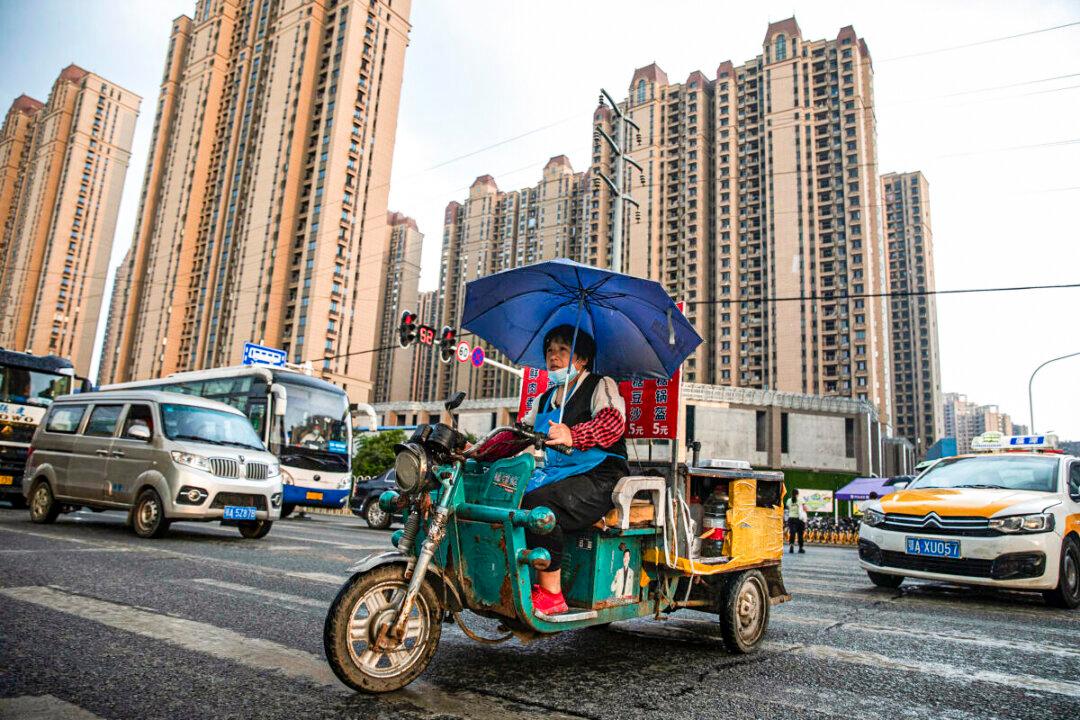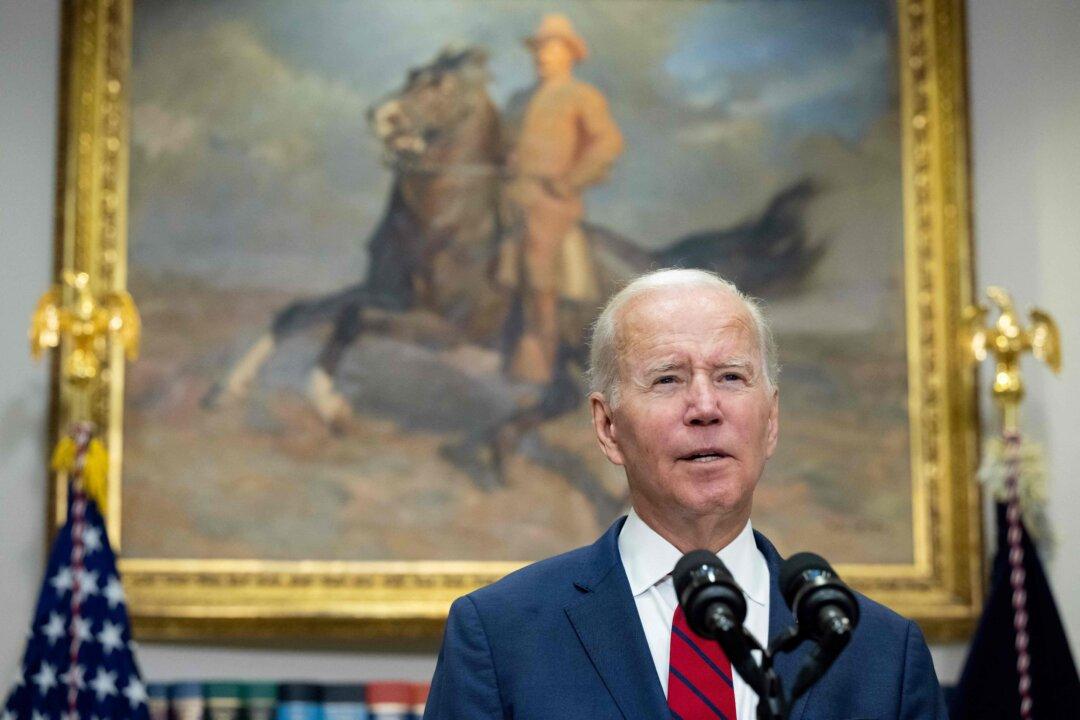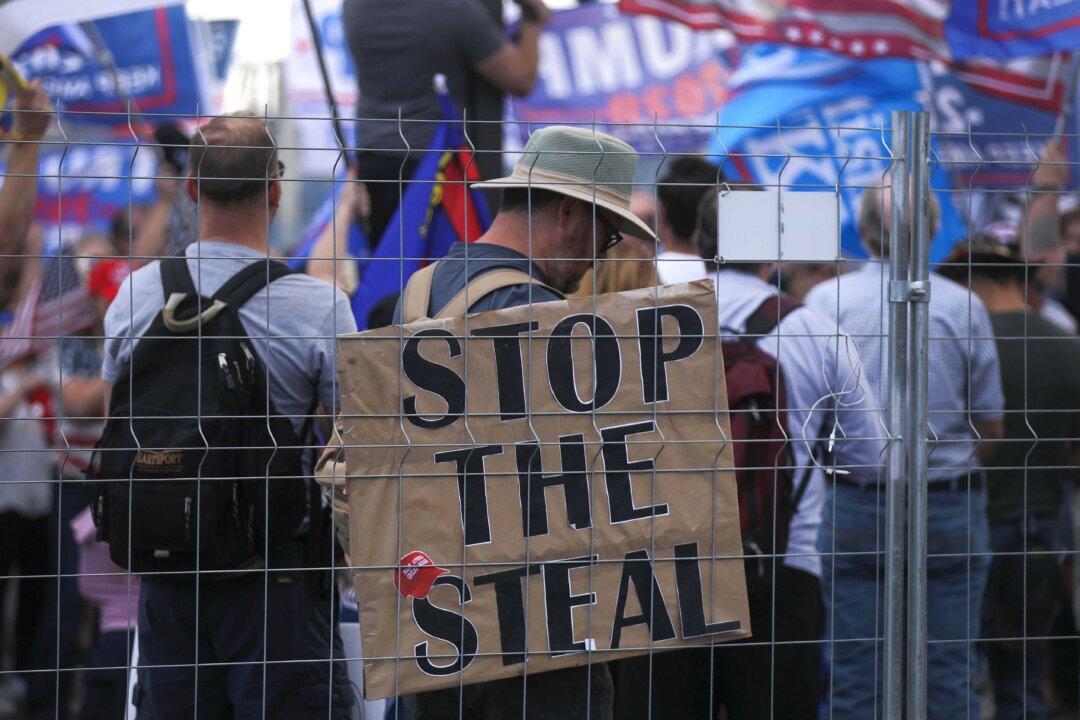News Analysis
As China’s real estate crisis spreads, home sales fell sharply in October, and prices fell for the first time in six years. Many of China’s biggest developers are unable to make debt payments, leaving projects unfinished and creating a liquidity crisis throughout the sector.





